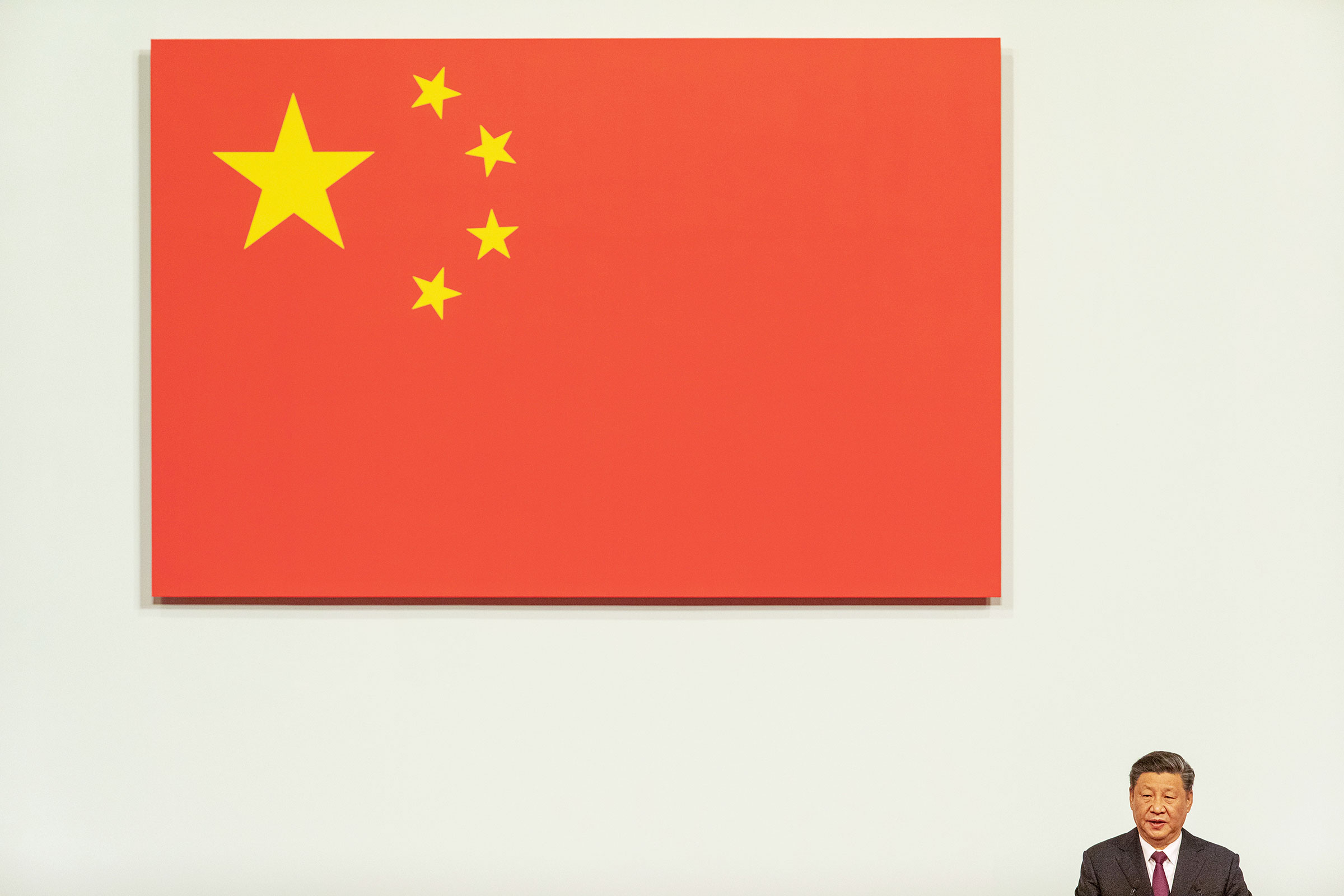Xi Jinping stands today as China’s seemingly invulnerable top leader. His anti-corruption campaign struck at kleptocrats, some in his own family, while also conveniently purging rivals. His authoritarian moves rival the world’s most extreme: corralling ethnic Uighurs into camps, suppressing violent anti-China protests in Hong Kong and ushering in powerful social-monitoring technology. Completing the look is the Mao Zedong–like cult of personality Xi allows or encourages—including his own Little Red Book. The result: a foreign policy and economic juggernaut expanding around the world.
Still, just as the sudden fall of the Soviet Union exposed previously unseen cracks, Xi may yet come to regret that he is now effectively China’s leader for life. A shrinking and aging workforce, the cost of the global Belt and Road Initiative (built on debt, not cash) and internal griping—or worse—from victims of a slowing economy exacerbated by the coronavirus pandemic that began on his watch mean Xi’s success may not be his final act.
Bennett is a Pulitzer Prize-winning journalist and author
- Dua Lipa Manifested All of This
- Exclusive: Google Workers Revolt Over $1.2 Billion Contract With Israel
- Stop Looking for Your Forever Home
- The Sympathizer Counters 50 Years of Hollywood Vietnam War Narratives
- The Bliss of Seeing the Eclipse From Cleveland
- Hormonal Birth Control Doesn’t Deserve Its Bad Reputation
- The Best TV Shows to Watch on Peacock
- Want Weekly Recs on What to Watch, Read, and More? Sign Up for Worth Your Time
